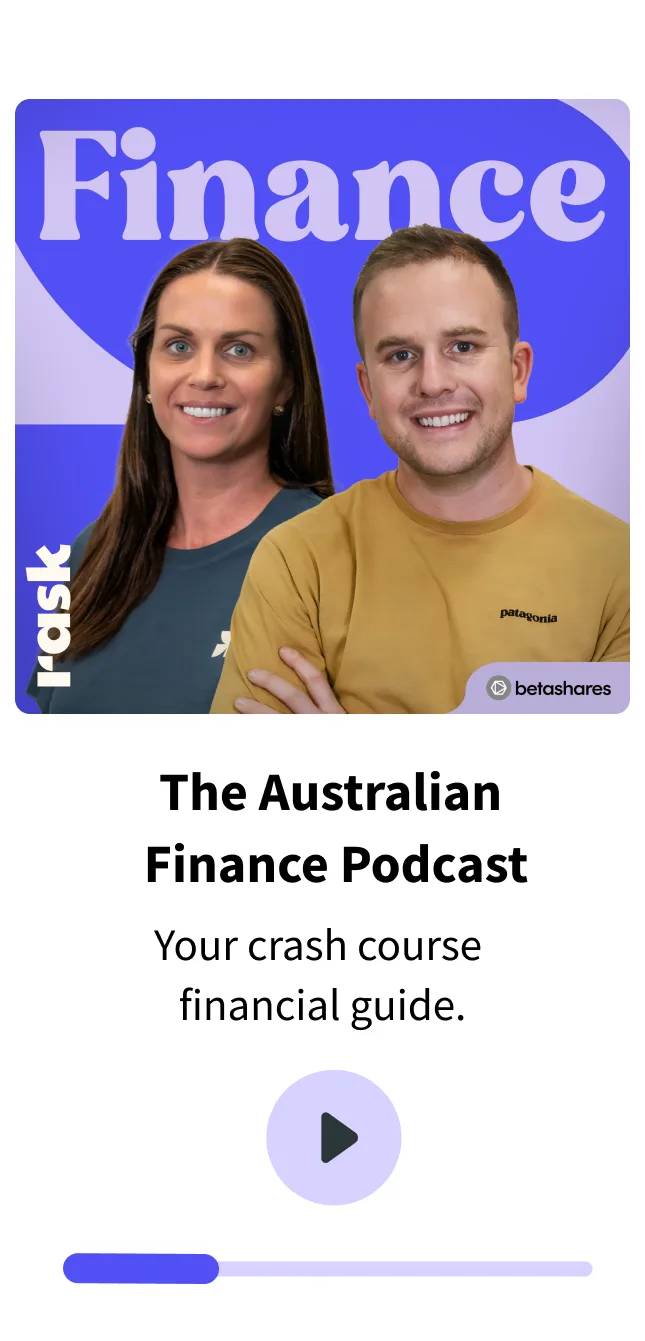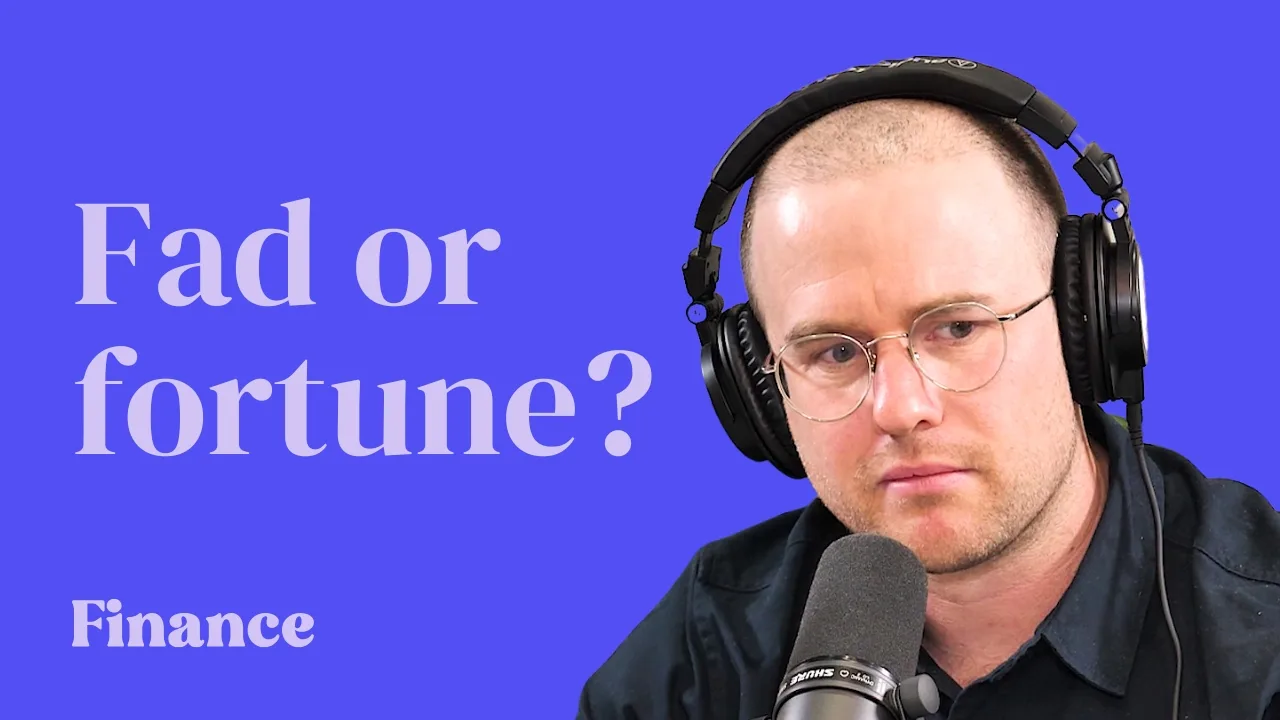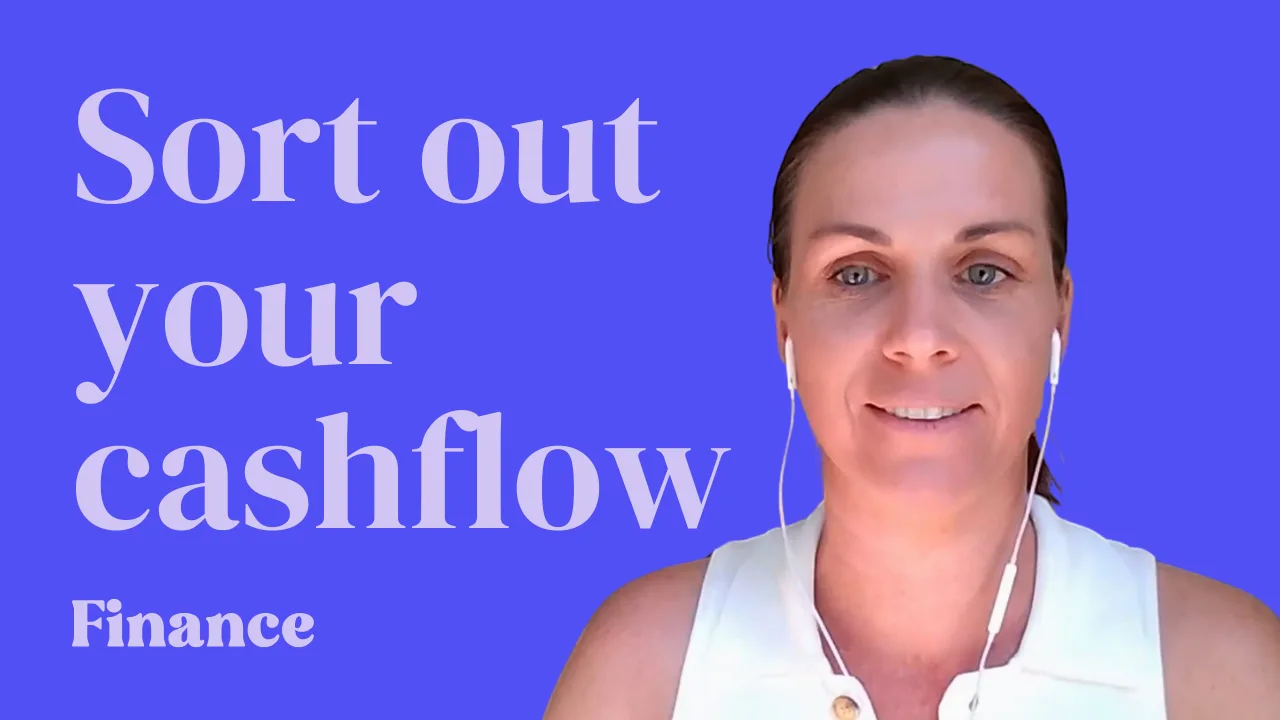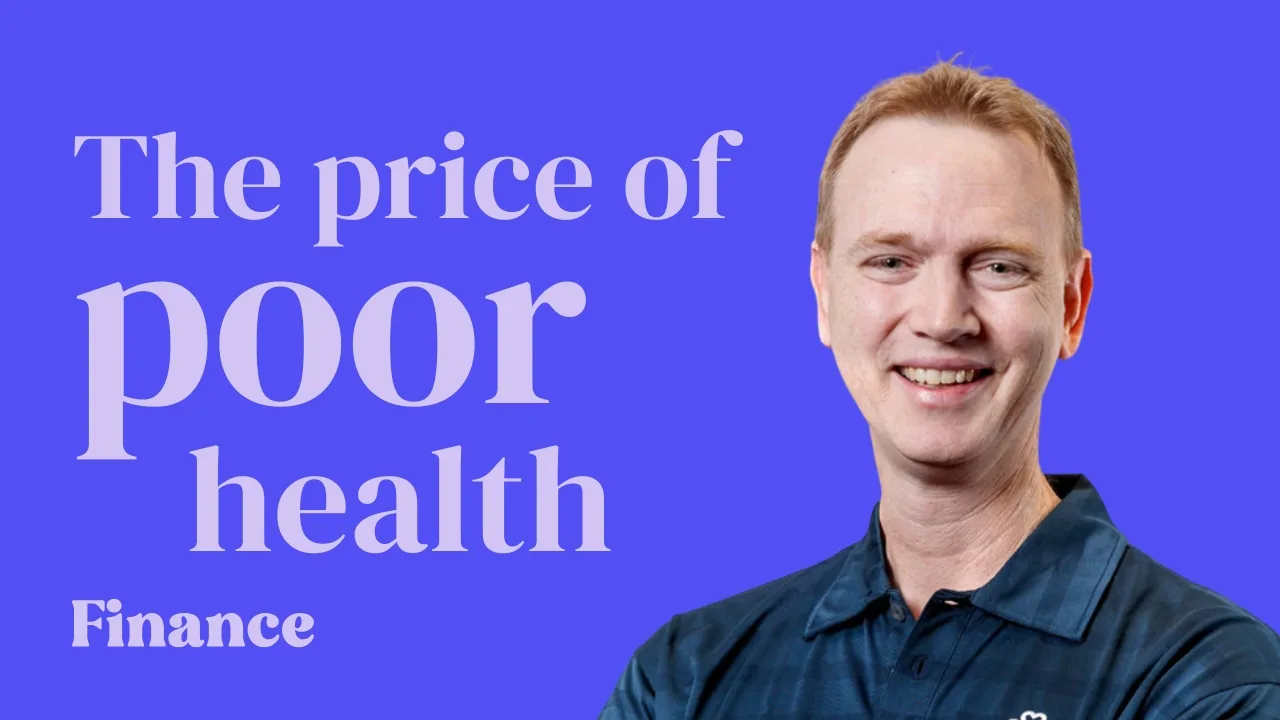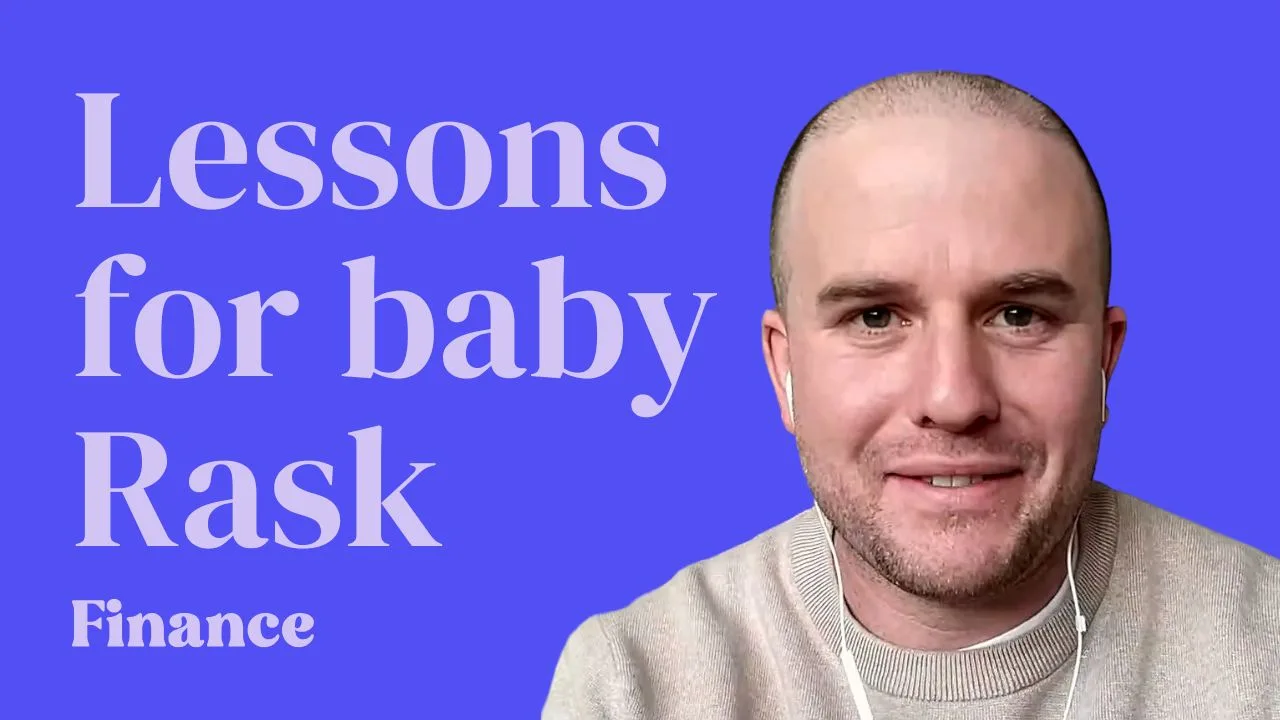Our time is precious, which Lacey Filipich understands better than most of us.
But what would you do if money wasn’t a barrier?
As someone who reached financial independence early on, Lacey is uniquely positioned to talk about the importance of financial education, making the most of our lives and how we can make better financial decisions.
Most money stuff is choose your own adventure rather than a recipe or rules. Pick and choose what works for you, discard what doesn’t, and be prepared to experiment to find out what suit you.
Some of the things we discuss in today’s conversation:
- What’s most exciting about the world of money to you right now?
- Research has shown that our experiences throughout life impact our relationship with money. Have any events have changed your approach or perspective on money and what it means to you?
- A new self-help finance book is teaching Australians to buy time not things
- Lessons my mum taught me about money – ABC listen
- Money Beliefs and Financial Behaviors: Development of the Klontz Money Script Inventory
- Socioeconomic status
- Family values and beliefs
- Family financial habits
- Communication about money
- For listeners new to your work, can you give us an overview of what financial independence is, and your own approach, FITR?
- How can we start to become more time-rich at any point on our money journey?
- Want to feel time rich in 2024? Work on optimising your StG ratio
- I do a simple activity using my favourite quality of life gauge: the Shit-to-Gold (StG) ratio
- Want to feel time rich in 2024? Work on optimising your StG ratio
- Since you became financially independent in your early 30s (would also love to hear about what that looked like for you), have you noticed any changes in the way you spend your money and your time?
- Do you think money changes the way we think, feel and act? Any examples?
- What are some different ways we can feel financially independent at any age (even if we don’t have a huge investment portfolio)?
- Last year you wrote that “Personal finance has been in the Australian curriculum since 2011. I listed all 35 related elements in the article for the sceptics. It hasn’t improved our youth financial literacy.” Given we say all the time, “we should’ve learnt this at school” what are some other solutions to the financial education problem in Australia?
- While there are a lot of individual actions we can take to improve our finances, many Australians run into systemic problems (housing access and affordability). How do we balance personal responsibility and systemic challenges when working towards goals?
Here’s how I suggest you think about your individual strategy when trying for a financial goal that seems out of reach but is important to you:
|
